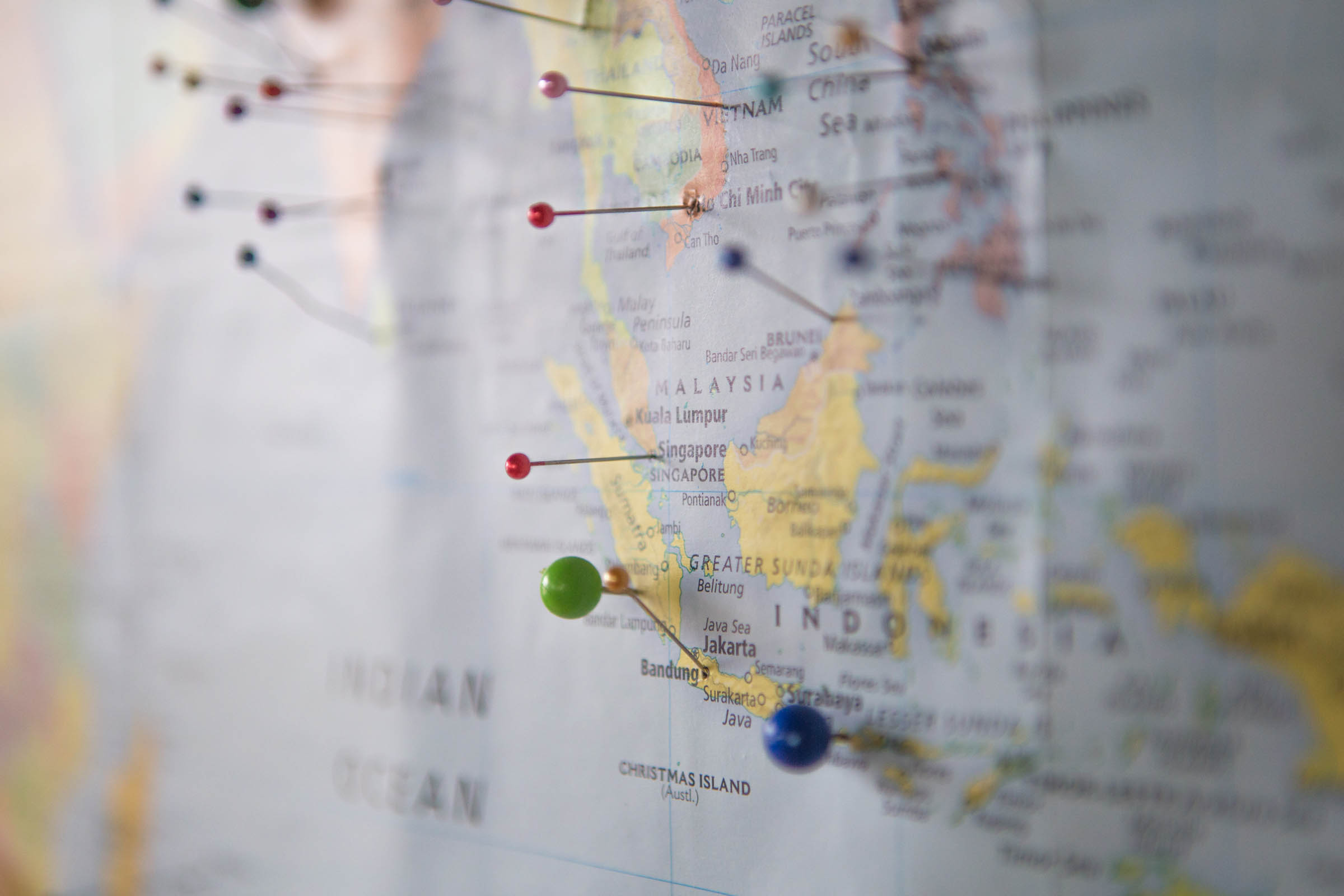Why are we on holidays all the time?
The Australian lifestyle is morphing. Migration out of the suburbs and into inner-city culture is rampant as the great Australian dream of owning a house-with-a-yard (and 2.5 kids and a dog) becomes more and more out of reach. Rising interest rates and property prices have presented challenges to the attainment of the family home and the desire to own property is consequently starting to wear thin.
Home may still be a cornerstone of Australian life – but what people define as “home” is rapidly changing. People in Australia’s capitals have new priorities. Shiny new apartments mean less rooms to furnish and clean and less gardening, which in turn means more leisure time and budget, translating into a rapid increase in itchy feet and subsequent holiday plans.
Frequent overseas travel has become more attainable and more economically viable. Many households feature two adults in full-time work with evenings spent planning the next big trip.
Bad news for Bunnings is good news for destinations. More people are travelling than ever before. Tourism expenditure by Australians is growing faster than overall consumer spending, indicating the rising priority of holiday-making for Australians.

Fiona Collis from IPSOS Research calls this new group of residents and traveller Affluent Urbanites. A set of people whose attitudes and aspirations are focused on the city’s litany of pleasures.
“For Affluent Urbanites, living near the city is a distinct lifestyle statement. Locations boasting iconic features whether cultural, epicurean or natural, are all highly attractive to them. They like to walk to and from schools, shops and cafes. Being able to walk to places within the community creates a very tangible feeling of belonging to the neighbourhood. Affluent Urbanites also cherish being surrounded by people with similar interests and values” Collis says.
The addiction to urbanism also manifests in a desire to live like a local abroad and to shack up in Airbnb’s and other similar accommodation in other towns, cities and ports around the world too.
Apps like Trip Hobo are an extension of the Share Economy that lets travelers share their itineraries and pass on tips for living like a local.
The outlook for continued growth in Australian travel is fantastic, particularly for those destinations and experiences that are able to showcase the kind of enriching, deep and transformative experiences consumers are looking for as they grow tired of spending on material possessions.
